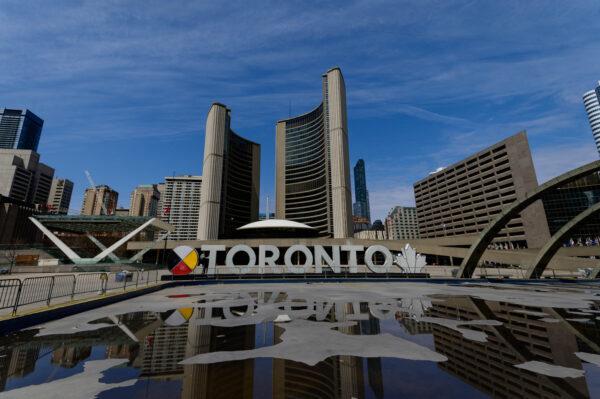The six-day advance voting period for what is shaping up to be a record-setting by-election for a new mayor in Toronto has just come to an end, with almost 12 percent more advance voters going to the polls than in the last election in October 2022.
Advance polls closed at the end of the day on June 13, and according to a Toronto City news release, 129,745 eligible voters cast their ballots. The actual election day is June 26, when voters will have a choice between a record-setting 102 candidates. It only takes 25 signatures for a candidate to be placed on the ballot for mayor.





